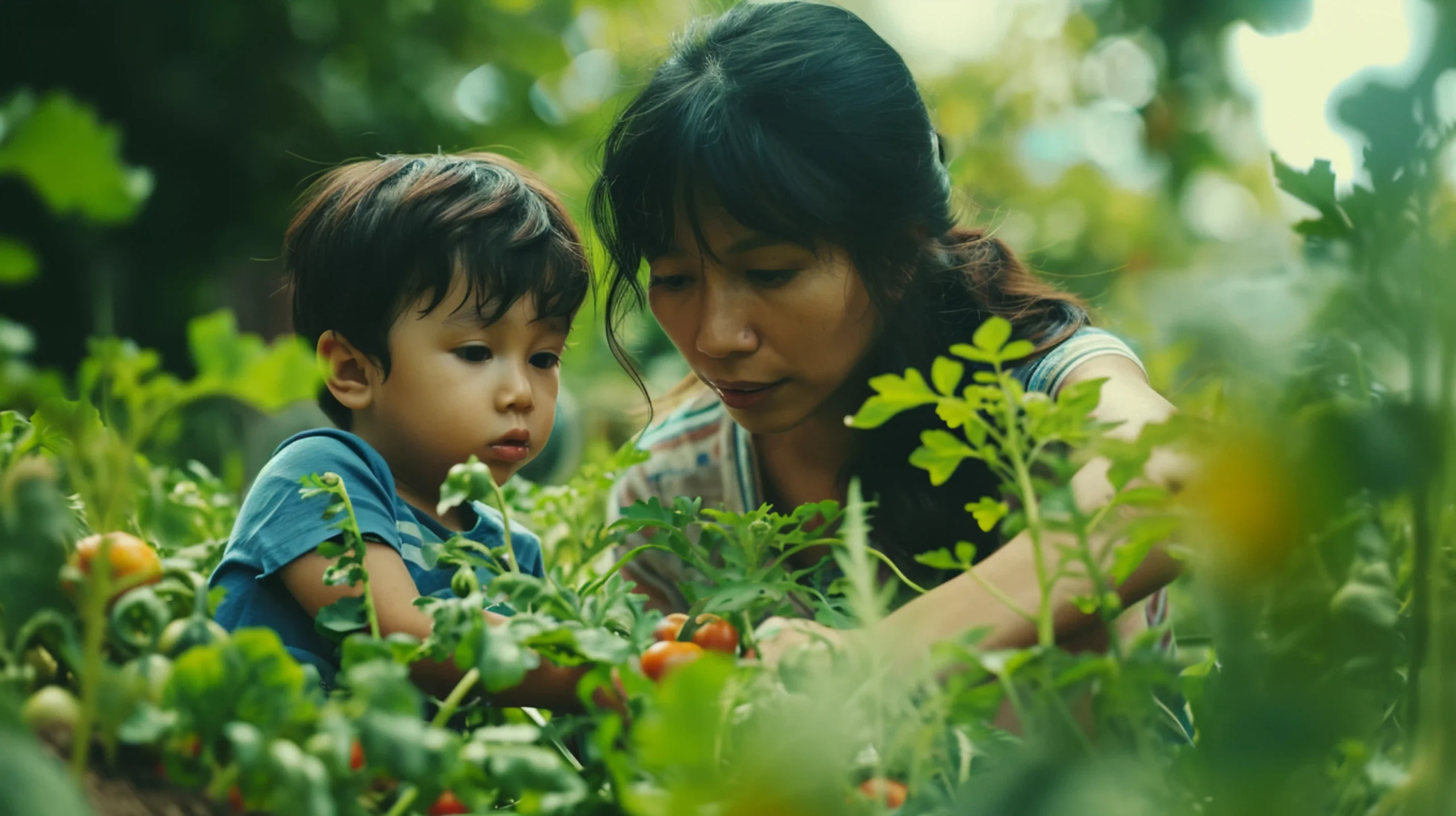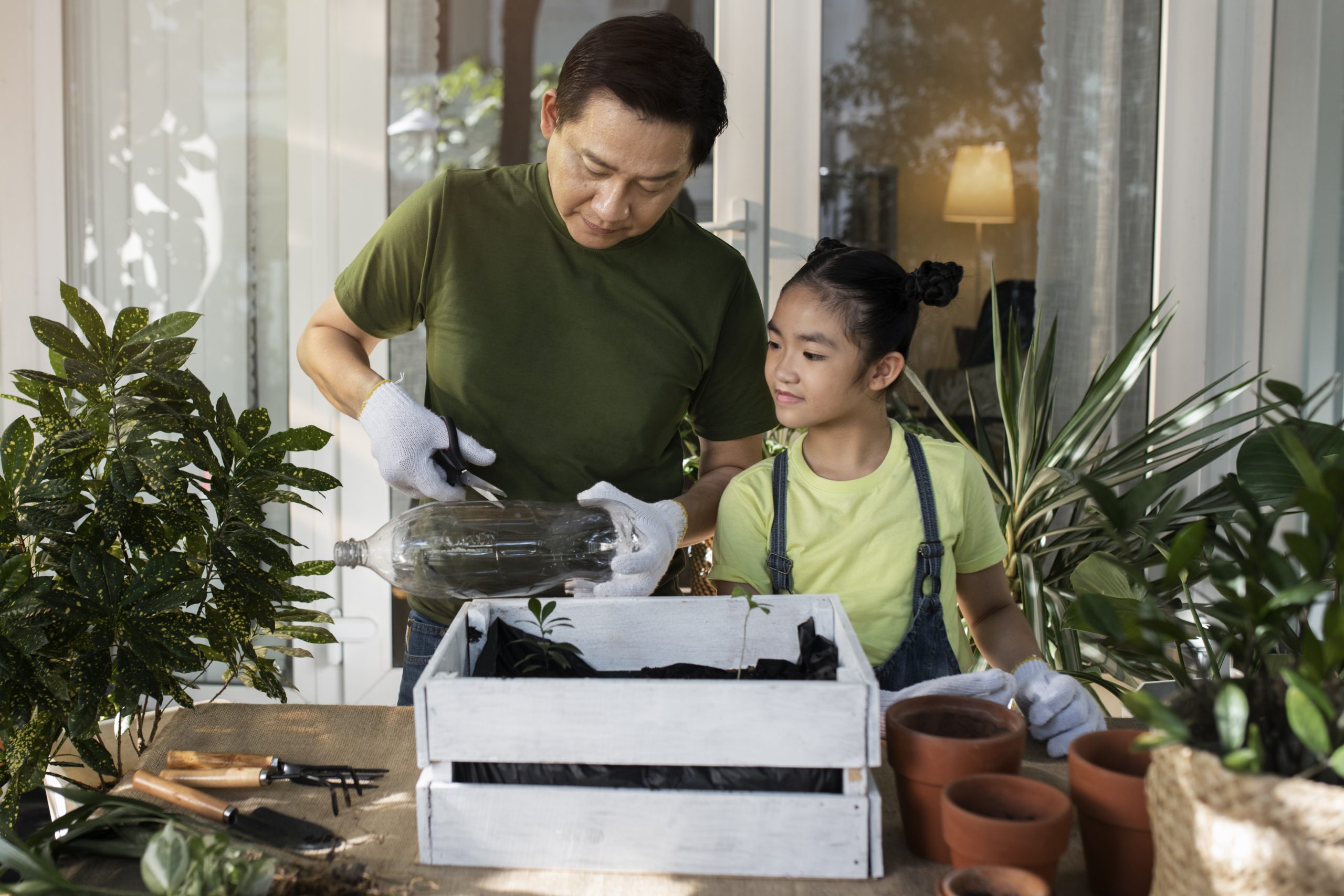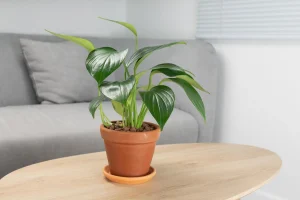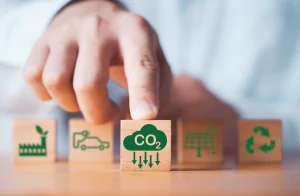Table of Contents

Source: Freepik.com
PT Chandra Asri Pacific Tbk (Chandra Asri Group), a leading chemical and infrastructure solutions company in Indonesia, launched the #IndonesiaAsri campaign on Thursday (11/23/2023). The campaign aims to create a platform for every generation to make a positive impact on the environment and society.
This commitment is an initiative by the company to build public awareness about sustainable environmental practices aligned with the Sustainable Development Goals (SDGs).
The campaign seeks to inspire all stakeholders to work together towards a greener Indonesia, ensuring a valuable legacy for future generations.
Suryandi, HR & Corporate Affairs Director of Chandra Asri Group, shared the company’s journey: “We’ve been operating in Indonesia for 31 years since 1992. The goal of establishing the plant was to supply Indonesia with plastic raw materials. Before this plant, Indonesia imported 100% of its plastic needs. We now meet about 40% of the country’s plastic needs and continue to grow to meet demand.”
It’s crucial for parents to explain to children the importance of sustainability in daily life. This campaign encourages families to build habits that support environmental sustainability.
Here’s a summary of what each individual can do to support environmental sustainability:
What is Sustainability?
Before discussing how to act or what actions to take, it’s essential to explain what sustainability means for a family at home. There are three key aspects often considered in sustainability: economic sustainability, social sustainability, and environmental sustainability. In English, the term “sustainable” comes from “sustain” (to continue) and “able” (capable).
Sustainability is defined as the ability to meet current needs without compromising the ability of future generations to meet their own needs. This specific definition was officially released by the Brundtland Commission of the United Nations (UN) in 1987. According to the Brundtland report, this concept actually refers to the phrase “sustainable development,” as cited on Earth Org’s website.
Sustainability is also seen as a simple principle that recognizes that everything needed for survival ultimately depends on the natural environment. The United States Environmental Protection Agency (EPA) summarizes that pursuing sustainability means maintaining conditions where humans and nature live in productive harmony to support both present and future generations.
The #IndonesiaAsri Campaign Supporting Environmental Sustainability
The #IndonesiaAsri campaign, launched by Chandra Asri Group, invites various stakeholders interested in sustainable living to share their insights and experiences in contributing to the environment and society. This includes Mohammad Naufal – Sustainability Engineer & Founder of Carbon Addons, Vania Herlambang – SDG Ambassador 2019-2021 & Putri Indonesia Lingkungan 2018, and Nada Arini – Ecopreneur & Co-Founder of Sustainable Indonesia, as well as representatives from student groups, communities, and Warga Asri, those who have joined as volunteers for #IndonesiaAsri.
The #IndonesiaAsri initiative aims to equip every generation with the ability to develop and implement sustainable environmental concepts, mitigating various risks and adding value to society and the environment.
Start with small daily actions, such as separating household waste. Plastic waste can be collected and turned into plastic asphalt.
Vania Herlambang, Miss Indonesia Environment 2018, notes, “Plastic is cheap, lightweight, and strong. It used to be that billiard balls were made from elephant ivory, but now they can be made from plastic. Imagine if we still used ivory; how many elephants would have been killed? So, plastic can be seen as a savior.”
Vania also adds, “After World War II, plastic became a weapon due to its lightweight yet strong properties. However, there has been a shift towards single-use plastics, which needs to be reversed. Plastic shouldn’t be used as a single-use item but as a long-lasting material.”
Parents can encourage their children and family to adopt a sustainable lifestyle by participating in #AksiAsri365 at https://indonesiaasri.com/en and registering. Join the sustainable lifestyle challenge and win prizes while keeping the environment clean and being an active part of the community.
Read also: 6 Ways to Conserve Energy with a Sustainable Lifestyle
How to Teach Kids Sustainable Living?
Sustainability in environmental protection requires us to consider the long-term impacts of every decision or action we take. This includes using resources efficiently, considering the entire lifecycle of products from production to disposal, and striving to minimize negative environmental impacts.
Shifting mindsets and actions towards more sustainable practices in various aspects of life such as how we work, consume, and interact with our surroundings is key to achieving environmental sustainability.
Small changes for a more sustainable Indonesia can start at home, especially by teaching children.
Nada Arini, Ecopreneur & Co-Founder of Sustainable Indonesia, shared that as an urban resident, she did not initially pay much attention to environmental issues until one day she took her children to Bantar Gebang. “The waste doesn’t disappear; it just moves to another place, and there is so much of it. I can’t solve the problems at Bantar Gebang, but I am committed to change because otherwise, it would be unfair to my children. There won’t be fertile land, and water will be polluted. Therefore, I have to make good decisions in life. Sustainable living shouldn’t be seen as a lifestyle choice but as something we must embrace for future generations.”
She also encourages people to make decisions or choices that positively impact the environment.
Here are some ways to support sustainable living for children that can be started in everyday life. Let’s understand and implement the following:
Key steps to teach children about sustainability:
- Understanding the Importance of the Environment: Educate children about biodiversity, natural cycles, and human interactions with the environment.
- Recognizing Impact: Explain how small actions can have significant environmental impacts, both positive and negative.
- Adopting Sustainable Habits: Teach recycling and waste reduction. Show how to separate waste, recycle, and minimize plastic and other waste.
- Energy Conservation: Encourage energy-saving habits at home and school. Emphasize turning off lights and using eco-friendly energy sources.
Let’s start implementing these practices today!
Moreover, you can join the Indonesia Asri challenges and action to apply an environmentally friendly lifestyle with simple actions.
Register yourself now and take part in a greener future with Indonesia Asri!
Read also: How Conserving Energy Benefits Environment and Finance
Author : Novy Agrina









